Time Period: World War II through the Faubus Era (1941 - 1967)
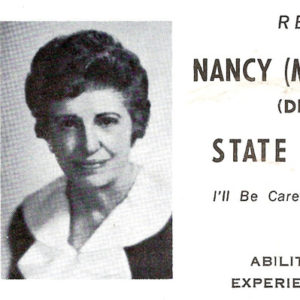 Nancy Hall Campaign Material
Nancy Hall Campaign Material
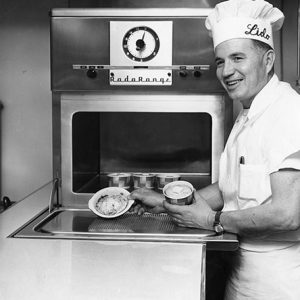 Wes Hall
Wes Hall
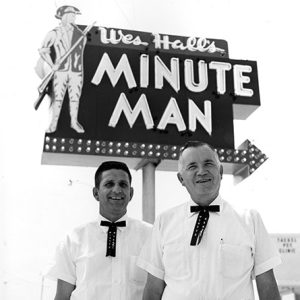 Wes Hall and Vernon Rodgers
Wes Hall and Vernon Rodgers
 Wes Hall and Motor Home
Wes Hall and Motor Home
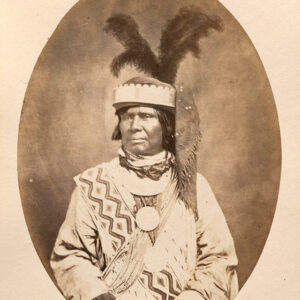 Halpatter-Micco
Halpatter-Micco
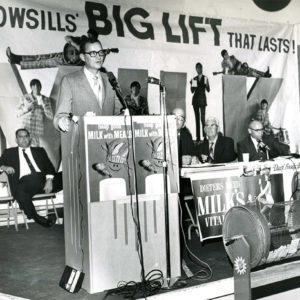 John Paul Hammerschmidt
John Paul Hammerschmidt
Hancock, Archibald Rex, Jr.
Handywagon
 Handywagon
Handywagon
Hansen, Bill
aka: William Hansen
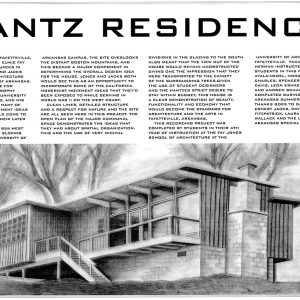 Hantz House
Hantz House
Hardin, Joseph Carrol
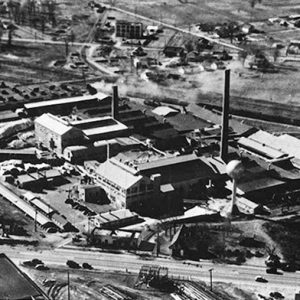 Harding Glass Plant
Harding Glass Plant
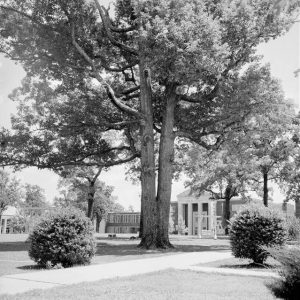 Harding University
Harding University
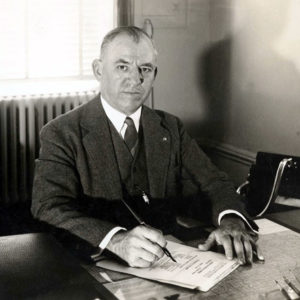 Arthur Harding
Arthur Harding
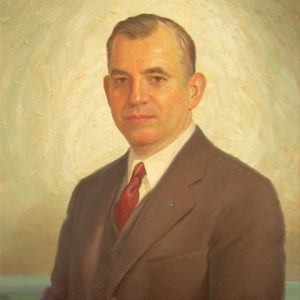 Arthur Harding
Arthur Harding
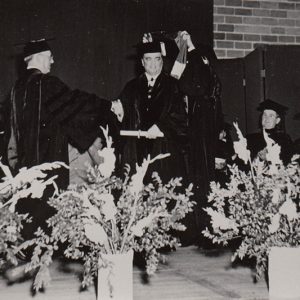 Arthur Harding and J. Edgar Hoover
Arthur Harding and J. Edgar Hoover
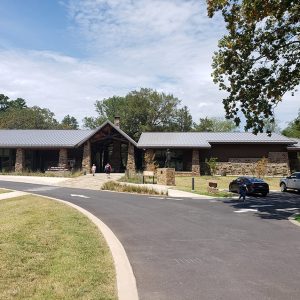 Hardison Center
Hardison Center
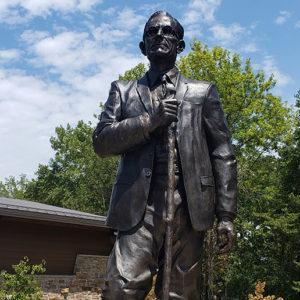 Hardison Statue
Hardison Statue
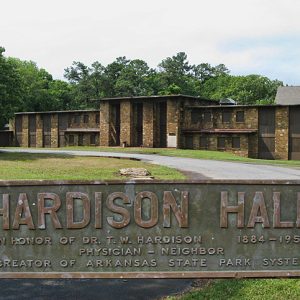 Hardison Hall
Hardison Hall
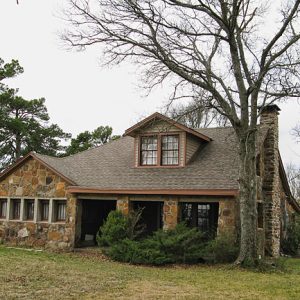 Hardison House
Hardison House
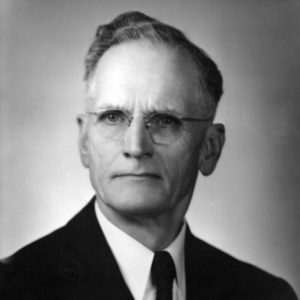 T. W. Hardison
T. W. Hardison
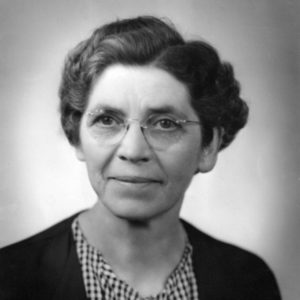 Julia Hardison
Julia Hardison
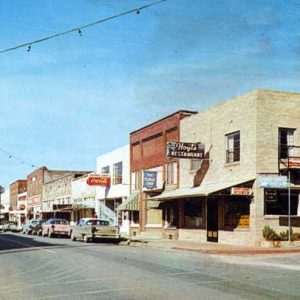 Hardy Street Scene
Hardy Street Scene
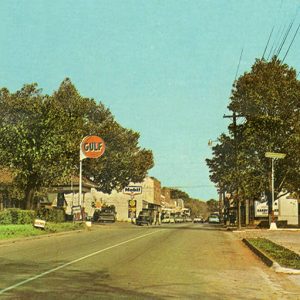 Hardy Street Scene
Hardy Street Scene
Hargis, Billy James
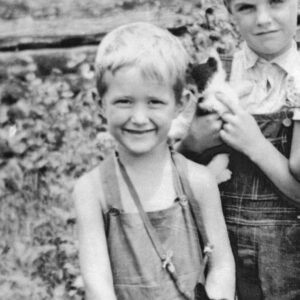 Young Donald Harington
Young Donald Harington
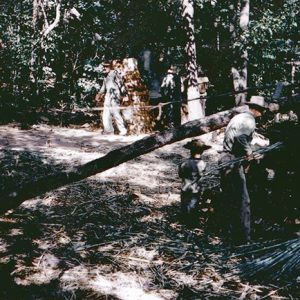 Harmon Sorghum Mill
Harmon Sorghum Mill
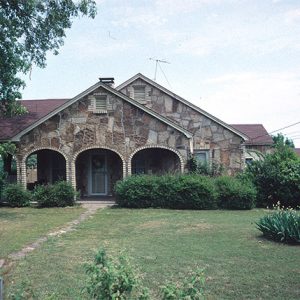 Wilbur and Mary Harrington House
Wilbur and Mary Harrington House
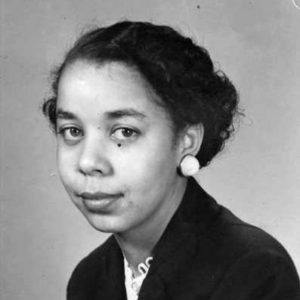 Alice N. Harris
Alice N. Harris
Harris, Carleton
Harris, Oren
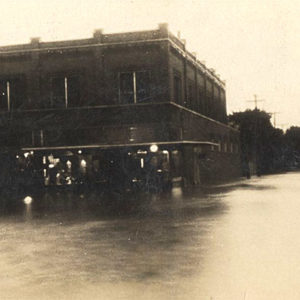 Harrison Flood
Harrison Flood
 Harrison Roundhouse
Harrison Roundhouse
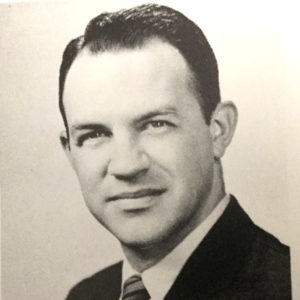 Cleveland Harrison
Cleveland Harrison
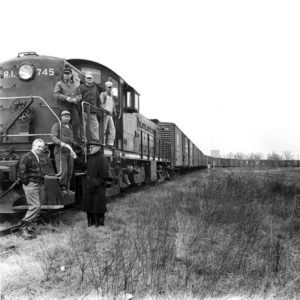 Jake Hartz, Jr.
Jake Hartz, Jr.
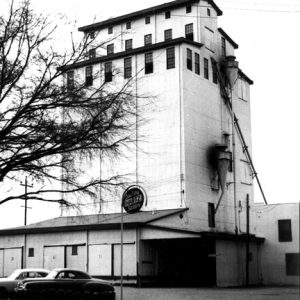 Hartz-Thorell Seed-Processing Plant
Hartz-Thorell Seed-Processing Plant
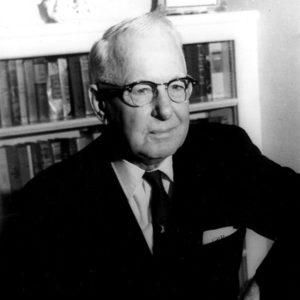 Jacob Hartz Sr.
Jacob Hartz Sr.
Harvey, Robert Drennen (Bob)
Harvey’s Grocery and Texaco Station
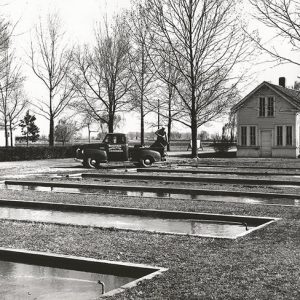 Hatchery Grounds
Hatchery Grounds
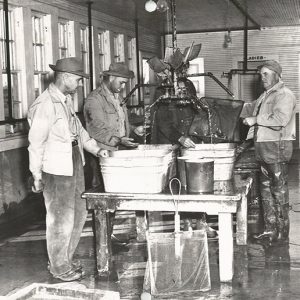 Hatchery Workers
Hatchery Workers
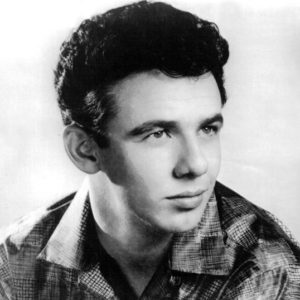 Dale Hawkins
Dale Hawkins
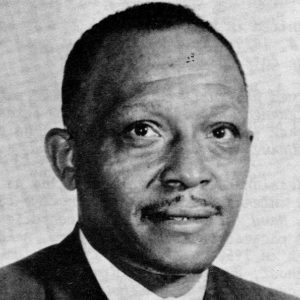 Edwin L. Hawkins
Edwin L. Hawkins
Hawkins, Edwin Luther, Sr.
Hawkins, Marlin Conover
Hawkins, Ronnie
aka: Ronald Cornett Hawkins
Hays, Lawrence Brooks
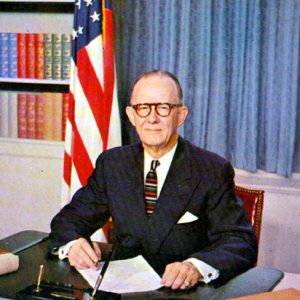 Lawrence Brooks Hays
Lawrence Brooks Hays




